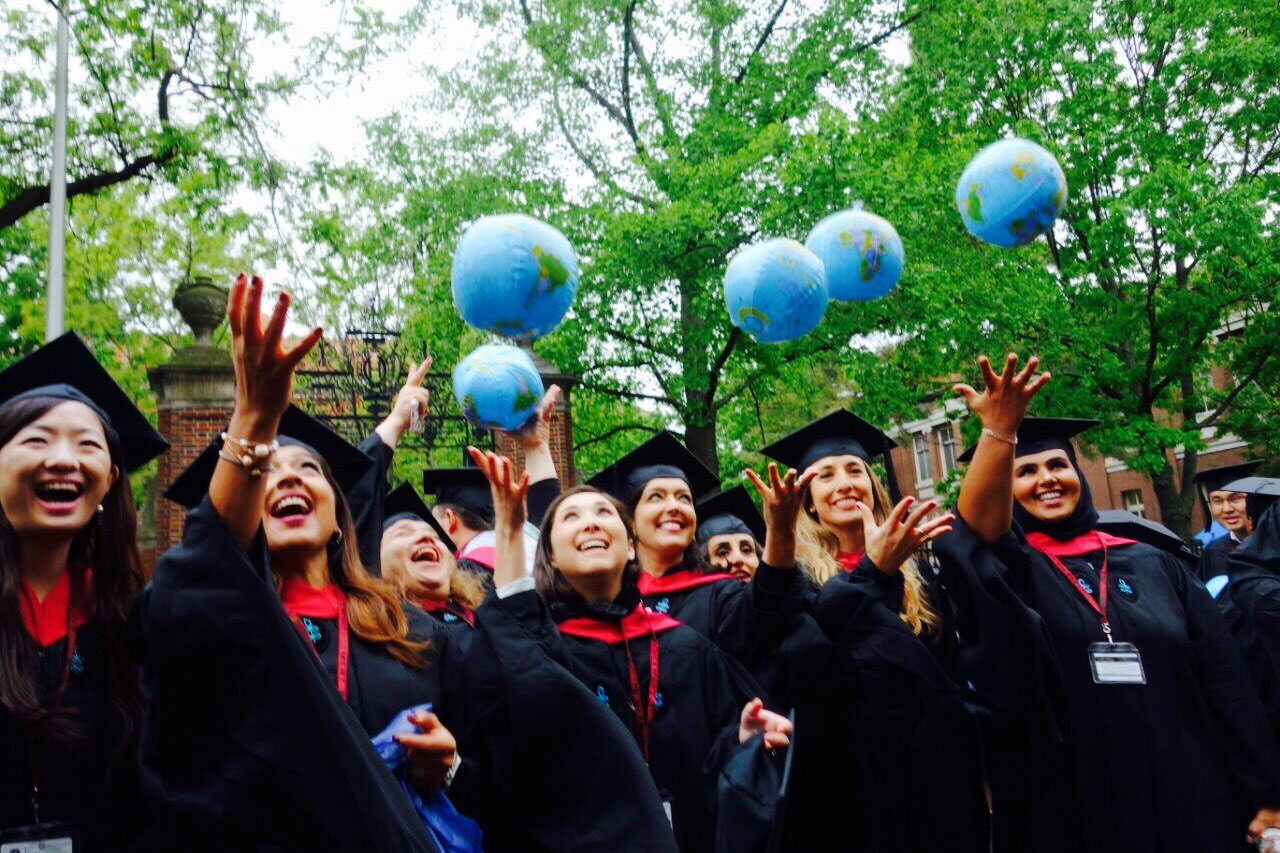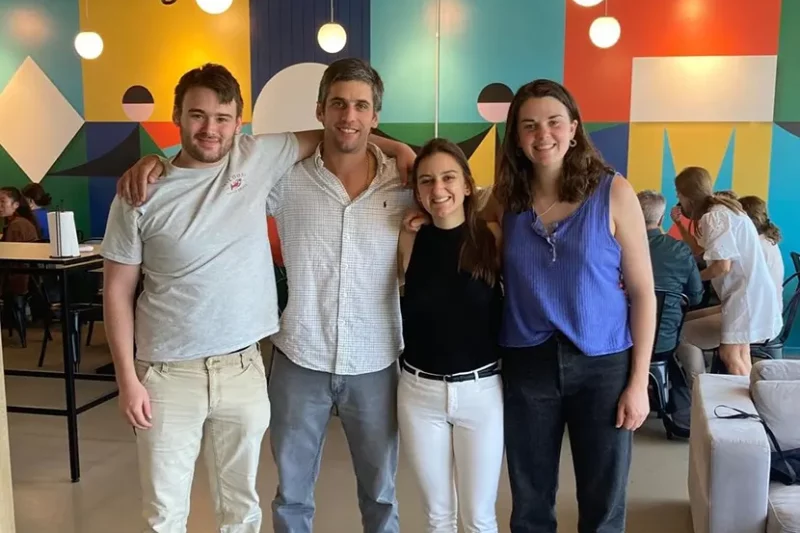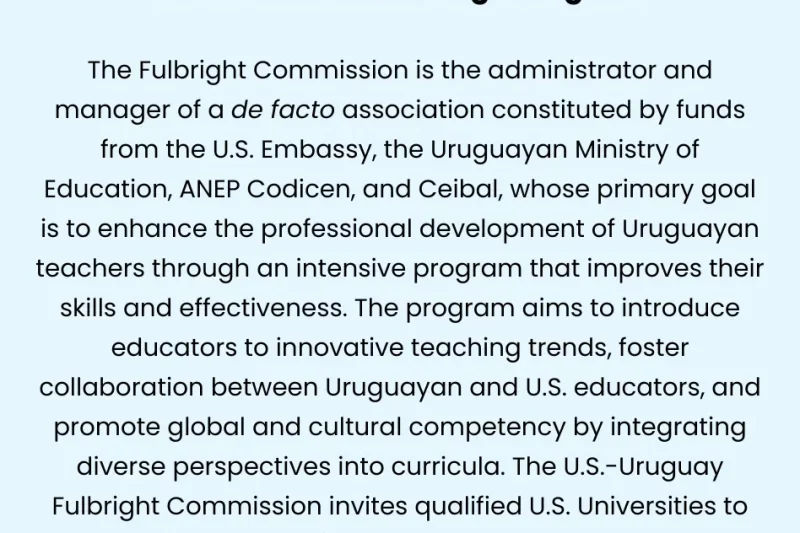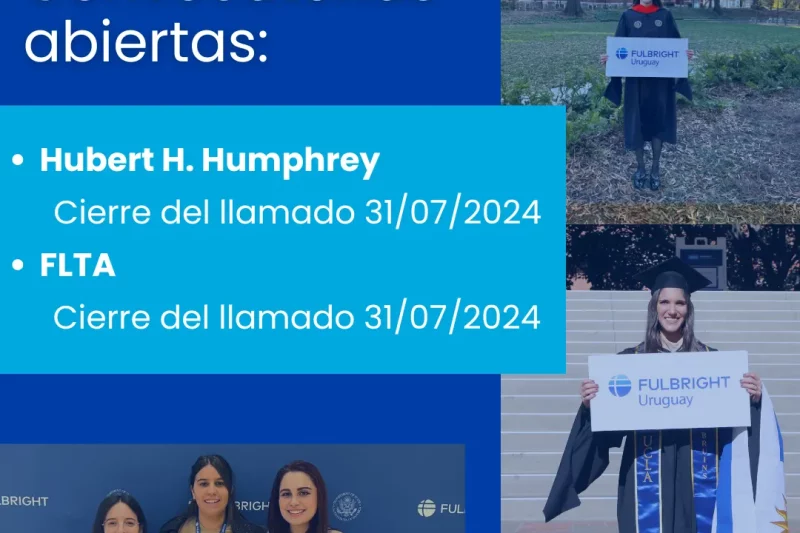
Origins
The first exchanges took place in 1948, when 35 students and one professor traveled to the U.S., and 65 Americans traveled abroad. Since then, almost 250,000 people from 150 different countries and all kinds of fields have been awarded with a “Fulbright experience.” These individuals have, directly or indirectly, made minor and major contributions to the reconciliation amid the political tensions of the aftermath of the Second World War.
Their achievements are testimony to the importance of the spread of knowledge and the exchange of ideas in order to solve the problems humankind faces.
The world has changed a lot in the past 50 years. As airplanes, satellites, and the Internet have made traveling easier and rendered communication instant, the world has become smaller.
However, cultural immersion in a new country, by living in a small town or a big city, walking around its streets, buying in its markets, drinking coffee, and talking with locals, cannot be replaced by a computer screen.
The exchange of information from one corner of the world to another can happen in a blink of the eye thanks to the fiber optic cables. Nevertheless, the true exchange of understanding about the movements of our time—social, economic, and cultural policies—needs more time and the physical presence of two inquisitively-minded and open-hearted people, the dedication and active participation of human actors, to whom what matters is, ultimately, not data but ideas.


